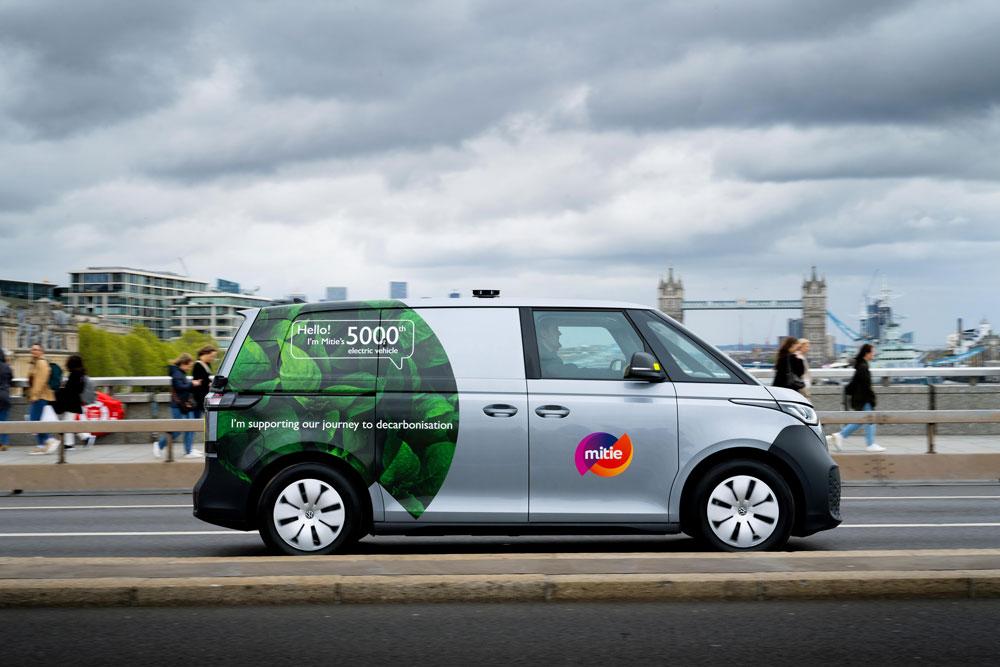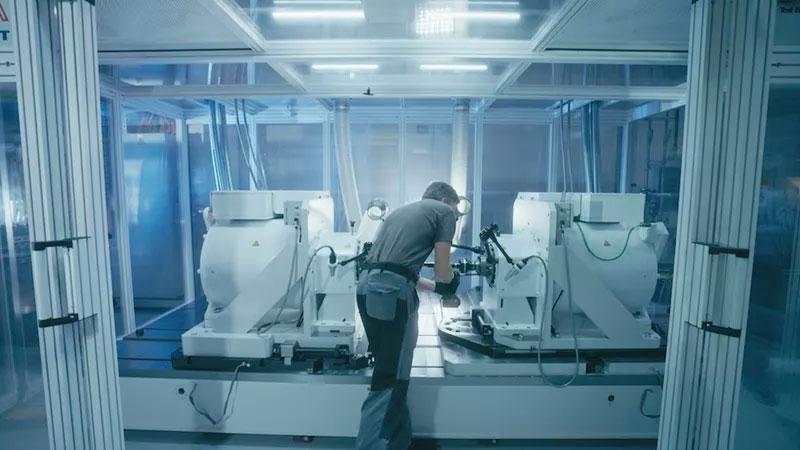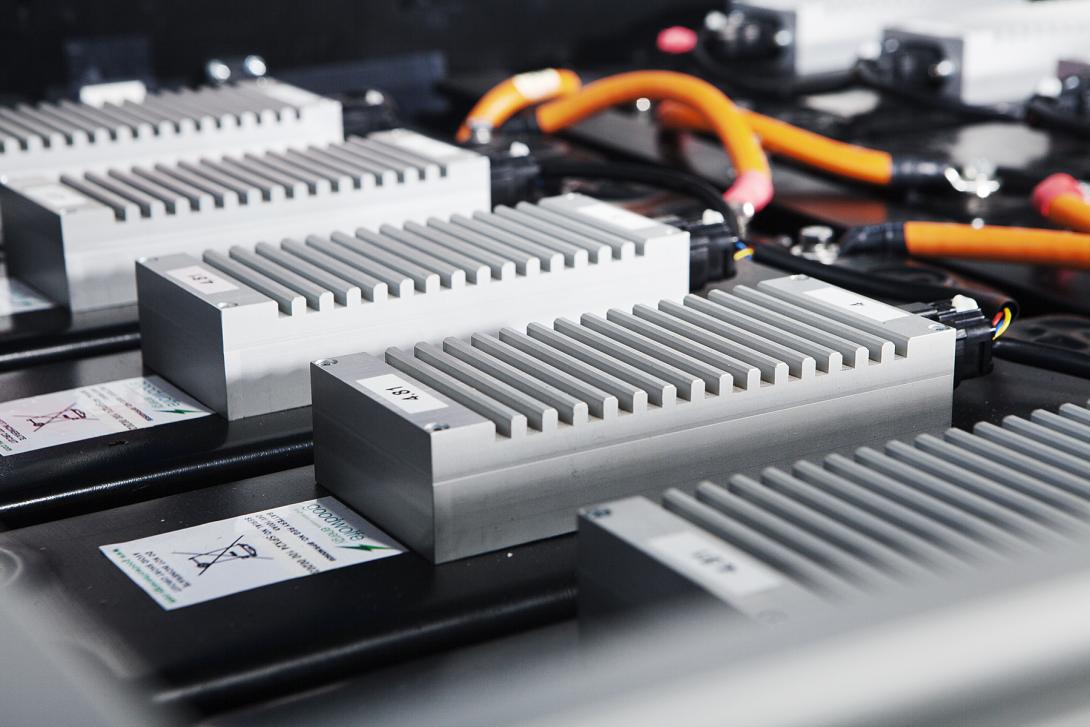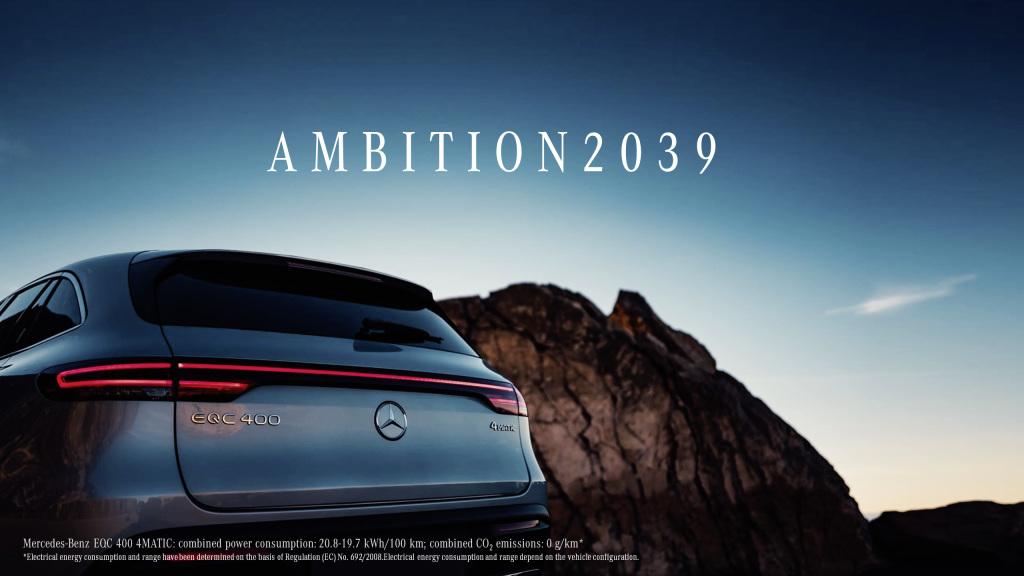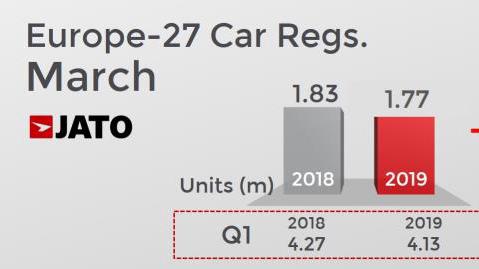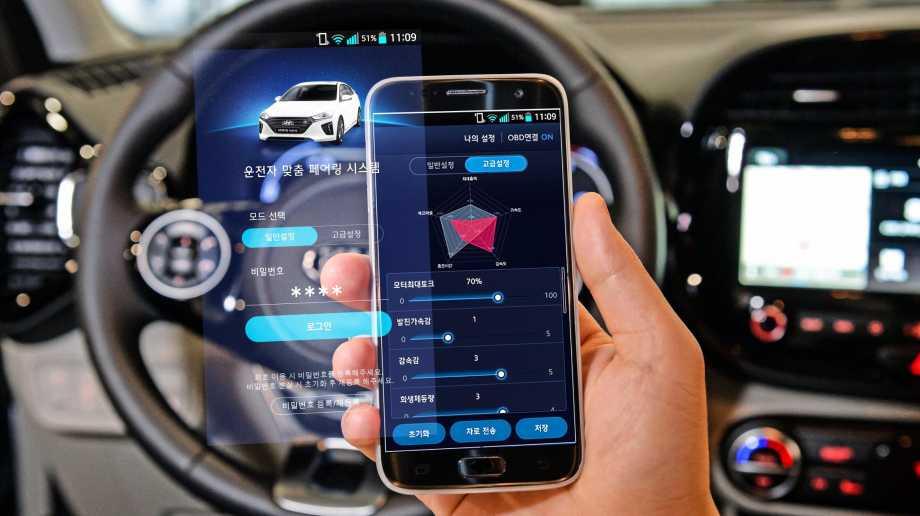EV100 - the network of fleet operators committed to electrification - have created a powerful ecosystem of best-practice sharing, knowledge exchange, and collaboration. Members Prologis, Maersk, Mitie and Metro share their key messages with those just starting out on their electrification journey
Climate Group’s influential EV100 and EV100+ network convenes some of the most advanced global EV fleets. Its members – more than 120 companies committed to full fleet electrification – are putting tens of thousands of EVs on the road every year, driving up demand for electric vehicles and the variety of models available, while driving down prices.
Bringing together corporate leaders at all stages of their EV journeys across an ever-expanding number of markets, EV100 is a powerful ecosystem of best-practice sharing, knowledge exchange, and collaboration. We’ve asked leading members Prologis, Maersk, Mitie and Metro to share their key messages of learning with those just starting out.
Prologis Mobility
Connecting a heavy-duty truck charging station to California’s grid can take up to five years – a daunting timeline for an industry racing toward electrification. Prologis, the global leader in logistics real estate, achieved what seemed impossible: delivering a game-changing solution in just five months.
“We are tackling real-world challenges to help our customers get their electric fleets on the road faster,” says Henrik Holland, global head of Prologis Mobility. “For the Denker project, waiting years for a power upgrade wasn’t an option. In less than a year, we delivered an industry-first solution to energise the trucks and get them on the road.”
The result is a self-sufficient microgrid, strategically located near the ports of Los Angeles and Long Beach, that powers North America’s largest heavy-duty electric vehicle charging hub. The site can charge up to 96 high-powered electric trucks simultaneously or over 300 trucks in a day. The scale and speed of the project sets a bold, yet achievable, precedent for what’s possible.
When it comes to key learnings, the company says strong collaboration is key. Find a partner that can be with you for the long term, that shares electrification goals and can help navigate the complicated transition to an all-electric fleet. The company also advises to leverage innovative energy solutions like microgrids to accelerate fleet electrification while ensuring cost-effectiveness and reliability.
Maersk
The Medium and Heavy-Duty Vehicle (MHDV) segment remains the hardest to electrify. But members of EV100+, the truck counterpart to EV100, are making huge strides. When Maersk put over a hundred electric trucks on US highways, from 2022 on, it was one of the first logistics companies to invest in e-trucks at scale. A year later, it ran pilots in Germany and China, both with their own assets and through partners. Being an early adopter has come with challenges, but the Denmark-based multinational, a founding member of EV100+, wanted to show industry – and its customers – that it can be done.
“For road transportation, we see the EV transition as the primary long-term solution,” says Kenny Kristensen, head of energy transition – landslide transportation at Maersk.
“And we’ve made direct investments in line with this strategy. However, Maersk continues to rely on support from the industry, regulators and – the starting point for all we do – our customers. EV100+ has been and remains a partner for Maersk to facilitate conversations between like-minded ambitious companies and provide consolidated input to legislators.”
As of 2024, battery electric technology has advanced even further. The potential of total cost of ownership parity is no longer a dream, but achievable through further scaling and careful deployment considerations in the early years – proof that the company has chosen the right path.
Some of Maersk’s advice includes to set targets for yourself and your transportation partners, and to be willing to change operational patterns (in the early years) to increase EV utilisation.
Maersk also advises to be willing to commit longer to your logistics partner to reduce their risk in an investment business case, and to plan charging infrastructure before ordering the vehicle as this might be your biggest bottleneck.
Mitie
In the cars and vans segment, EV100 member Mitie is driving its transition at a speed and scale few can match. In 2024 alone, Britain’s leading facilities transformation company welcomed the 4,000th, 5,000th, and 6,000th EV to its fleet. The latest boost came from a large order of the Volkswagen Buzz ID, which meets many of Mitie’s complex business requirements – and driver needs. Mitie’s approach of listening closely to the concerns of its colleagues has led to some of its most reluctant drivers becoming EV advocates – and the company is already eyeing its 7,000th milestone.
“Our EV transition is central to Mitie’s Plan Zero commitment to reach net zero operational emissions by the end of 2025,” says Chris Cubberley, head of fleet at Mitie. “We’re proud to boast one of the UK’s largest electric fleets – now at more than 6,000 EVs. We have worked tirelessly to overcome challenges and find creative ways to meet our driver’s needs through a diverse fleet. Whilst we have come a long way, the journey is far from over and we’re excited to continue finding innovative ways to transition the rest of our fleet to electric.”
Mitie has three key pieces of advice for those starting out on their EV journey. First, the company says that an EV transition needs to be sponsored and agreed by the most senior stakeholders within an organisation. It is a turbulent world with regulation, market confidence and latest innovations all fluctuating drastically, and an organisation needs to be aligned from top to bottom to face these challenges head on in pursuit of transitioning to sustainable transport.
Second, Mitie says that it is imperative to be open and flexible with an EV strategy. It is true that there are not always the electric options available on the market to fit business requirements, and diverse fleets require creative solutions.
The third piece of advice is to support drivers, as they are the most important part of any EV transition, after all these are the people driving our vehicles day in, day out. It is imperative to listen and act on their feedback and implement strategies that benefit them.
METRO
Germany’s METRO joined EV100 as a founding member in 2017. Back then, the international wholesale and food service business had a small number of charging facilities installed at a limited number of locations. METRO made a commitment to add 1,000 charging stations by 2030. It reached its target in 2023, seven years early, and is on track to reach 1,500 next year.
The company points to the strong dialogue between its partner charging point operators (CPOs) and distribution system operators (DSOs) as critical to its success, ensuring smooth grid access.
Collaboration, in general, has been key.
“METRO was a founding member of the Climate Group’s EV100 initiative in 2017 – at a time when EV charging was just getting started,” says Olaf Schulze, vice president, energy management at METRO. “Our commitment has been an incredible driver to pioneer charging infrastructure and promote e-mobility wherever we operate, and the support we have received from the entire organisation has been even stronger than expected.” Now the company, which has a customer base in more than 30 countries across Europe and Asia, is looking at locations with little EV infrastructure, starting with Pakistan and Kazakhstan.
Turning commitment into action
Extended case studies from these and other EV100 and EV100+ members are available in the latest annual report, Turning Commitment into Action: How Ambitious Fleets are Driving the Global EV Transition. You can read the full report and find out more about the network and how to join via theclimategroup.org/ev100. Follow Climate Group across social media for the latest on how the network plans to expand its model of impact to emerging markets in Latin America, Asia and Africa.

